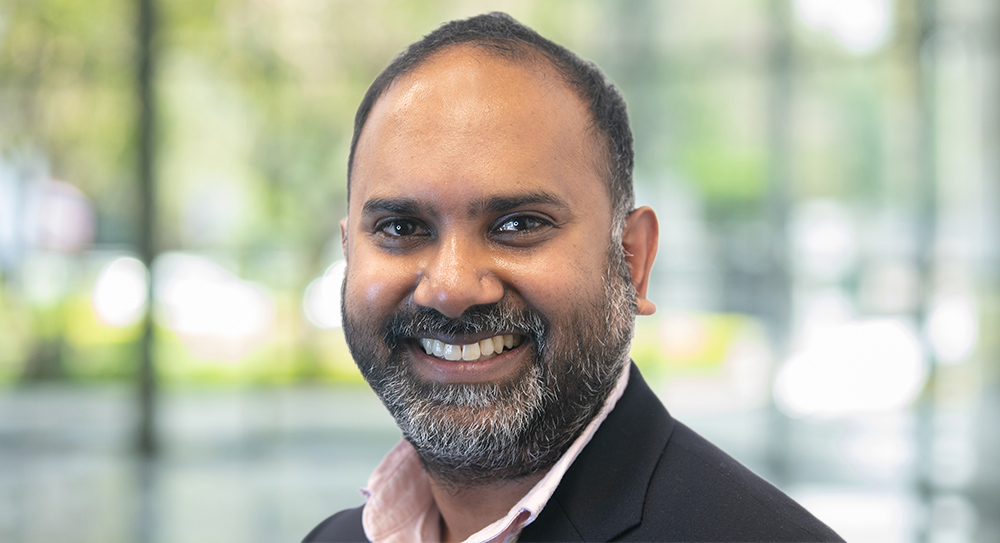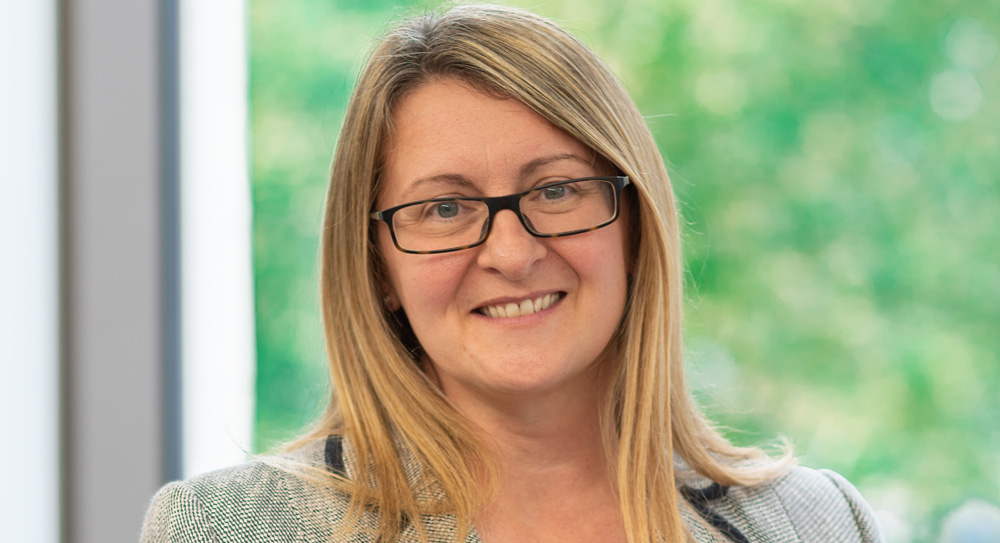From the archive: The operating committee
“Our committee is cross-disciplinary and so it does include our CEO. For us, that sends the right signal to the wider firm”
Running a private capital funds business has...
Categories: AnalysisFundraising & fund structuringODD / DDQHuman CapitalHR / talent managementRegs & ComplianceReporting & Transparency Technology






